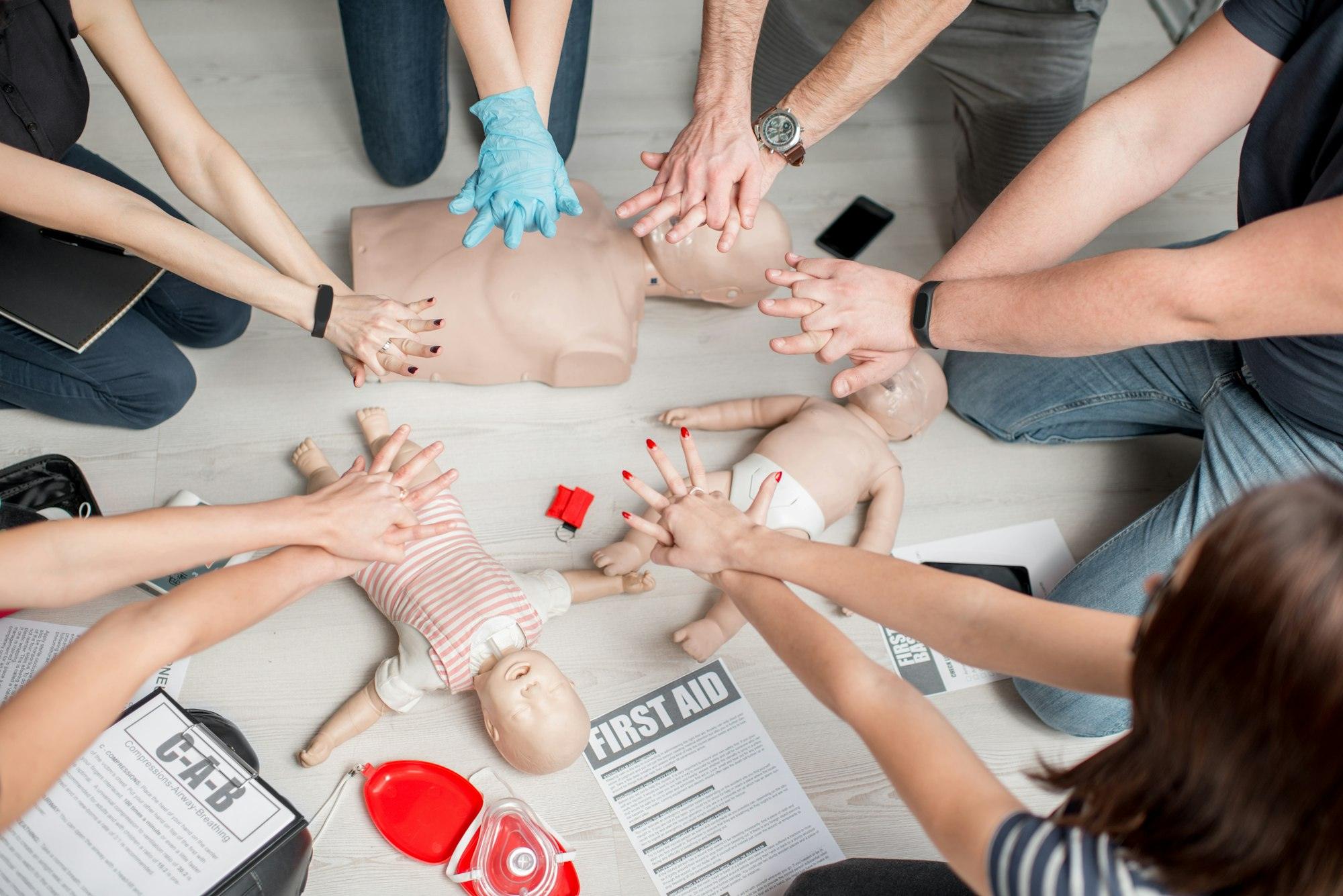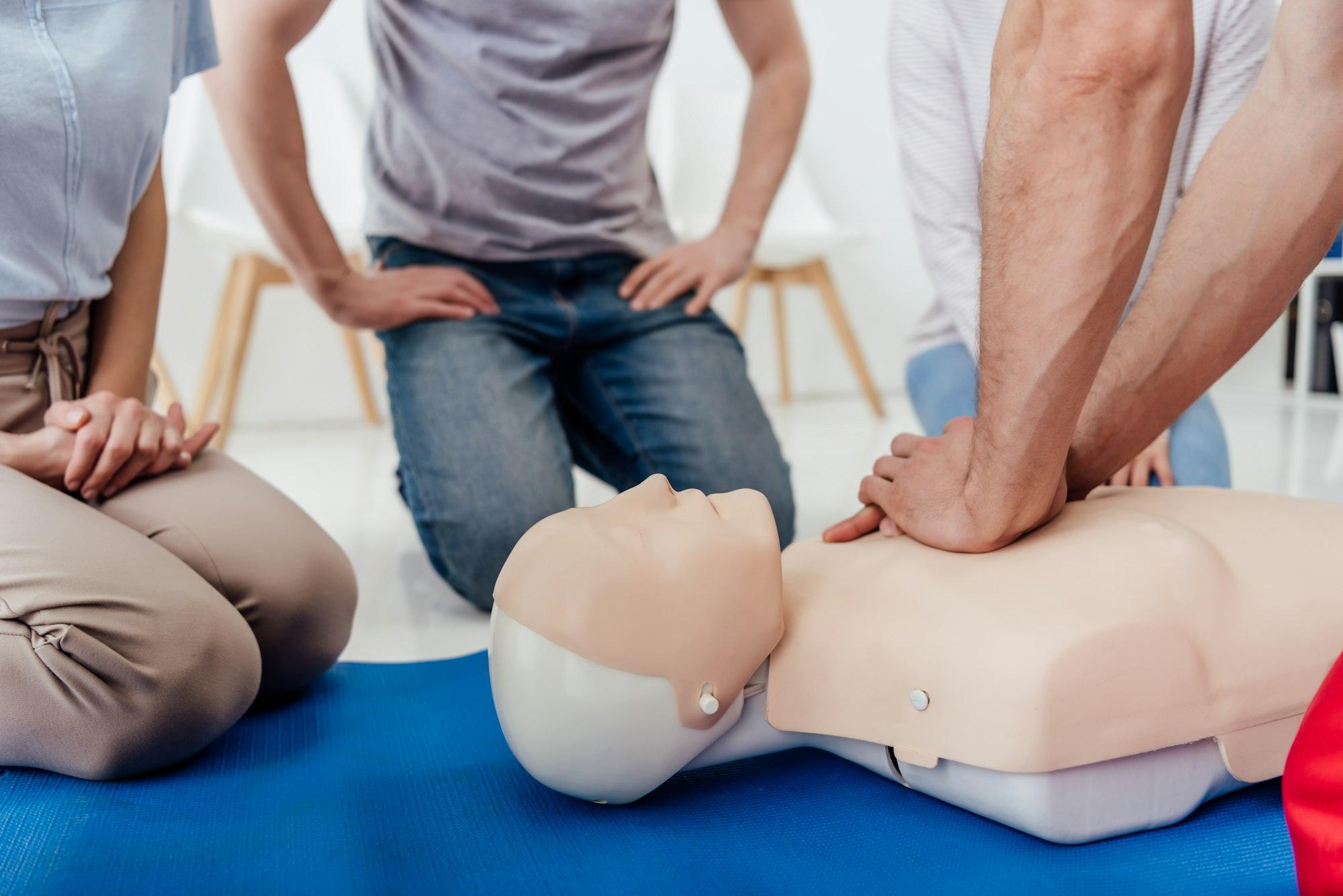Possible feelings an individual with an Mental Health Eating Disorder may experience
An individual who is experiencing an eating disorders may experience many different feelings both physical and psychological and these feeling can include;
- Constant feelings of feeling over weight and fat even though they are not and other people are telling them they are not.
- They may also be terrified of the thought of gaining weight and base their self-esteem on their body weight and size.
- They can experience an obsessive eating routine about what they can and can’t eat, what time of the day they can eat and how many meals a day they can have
- Because of the obsessive eating routine, they may experience sickness, anxiety and depression, especially when meal times come around
- A person may not wish to tell anyone about their condition as it is their way of having control over something in their life.
- In some cases where severe eating disorders occur, the person could experience a major decline in the mental health and well being
How an Mental Health Eating Disorder may affect the individual and their life.
An eating disorder may affect the individual both physical and or psychologically, let look at each in turn
Physical affects 
There are many different physical affects an individual may suffer because of their eating disorder and if not addressed and treat these can become very serious. Some of the physical affects a person may have in their life can be;
- The heart is at risk of damage to the functioning and the person may feel lethargic and tired all the time and, in some cases, they can detect low blood pressure and muscle weakening – this will affect the person’s body temperature and they will permanently feel cold
- They may have thinning bones and brittle hair and nails, due to the lack of nutrition and calcium that the body requires, this can also include very dry and yellowish discoloured skin.
- Other affects could be a breakdown in relationships or problems at work due to lack of interest and concentration.
- In some severe cases the individual may have organ failure, including permanent brain damage
Psychological affects
As with physical affects, there are many different psychological affects an individual may suffer because of their eating disorder and if not addressed and treat these can lead to serious mental health and well-being issues. Some of the psychological affects a person may have in their life can be;
- The person may have a lack of interest in things they used to take part in, this could because the lack of confidence in their own abilities.
- They may have low self-esteem and feeling worthless, due to the embarrassment of their illness and this can prevent them going out of their home and become isolated from friends, family and society.
- In some cases, the person may not be able to take away their own emotions from their eating habits
Mental Health Eating Disorder
Ways in which an individual’s Mental Health Eating Disorder may affect others.
With many other mental health conditions, an eating disorder can affect others such as whole family and friends as they often find it hard to understand why. There are a few emotion factors to consider that a person’s family or others may experience, this may include;
- The individual’s family may be disappointed in the individual, be angry or confused and may feel powerless to help.
- They may feel guilty that the fact they did not spot any signs or symptoms that the person showed earlier in the eating disorder illness.
- This could lead to the family or others becoming to over protected and this can cause more anger and conflict with all involved.
- This could affect others especially family life and have a knock-on effect on others work related duties. This can lead to misunderstandings the arguments and more conflict for the individual can lead to more isolated issues.
What are the different approaches to the treatment of eating disorders.
Name of treatment:
If someone is diagnosed with an eating disorder their GP will be involve in their ongoing treatment, others involved may include a specialist counsellor, psychiatrist, nurse, dietician specialist and in cases of children and teenagers a paediatrician.
A range of psychological treatment by the above can help a person with an eating disorder
What this entails:
There is a range of therapy treatments available and this can include including;
Cognitive analytic therapy – this treatment can help the individual break any unusual and unhealthy forms of behaviour
Cognitive behaviour therapy – this can help the person focus on a more positive type of behaviour and adapt a healthier way of living
Interpersonal therapy – this can help the person to identify the negative problems that has occurred in relationships with others and how they can problem solve the issues
Focal psychological therapy – this can help the person to challenge any bad experiences they may have encounter during childhood. This can help the person to focus on more positive thought and emotions going forward in life
Name of treatment:
Information, advice and guidance on eating and nutrition
What this entails:
This type of treatment is a gradual process as the body may not be used to large amounts of food, its aim is to get the person eating regular meals and at a stable body weight.
The focus will be to get the person to start eating small amounts and build up gradually. The whole aim to eventually have the person eating with a regularly pattern and at least 3 times per day
Medication is not usually effective in treating eating disorders but it can help with other conditions that come with it such as OCD and depression.
If an individual refuses treatment then they may be serious ill and could be at risk of death, in these extreme cases a doctor may admit the person to hospital for compulsory treatment under the mental health act.
A range of psychological treatment could be used to treat eating disorders such as CBT, interpersonal therapy where negative issues associated with interpersonal relationships can be resolved. Cognitive analytic therapy can break unhealthy patterns of behaviour.
A person would be offered advice about eating and nutrition.
What can others could do to help an individual recover from a specific eating disorder
As previously mentioned, there are 3 main types of eating disorders and with all 3, people like friends and family can help the individuals with eating disorders to recover in a number of ways, such things like;
- Have open discussions with them to encourage the person to talk openly about their condition and what and how they feel is affecting them. They should understand it is OK to voice their feelings and to make them mindful they don’t extra pressure on themselves.
- Person should try and fully understand what the person with the eating disorder is experiencing and going through. They should not get angry or frustrated with the individual and support them to take up new activities or activities they have enjoyed in the past – this can take the focus of food routines.
- Building a network of support can be very useful to the individual, this can include various helplines out there and information and support that’s available via the internet.
- Help set up a healthy eating plan to encourage the individual to eating sensible and following a healthy diet. A healthy food plan could be done together and this will encourage the person to understand the importance of a nutritious foods. This can include, fruit and vegetables, foods low in saturated fats, oily fish, and drinking plenty fluids during the day, such as fresh water.
Name of local resource:
a) Resources
Resources could be the persons GP, which can include the community mental health team.
b) Treatments
The individuals GP can offer advice and guidance and refer the individual to a specialist or psychiatrist if required. They may also prescribe any mediation required, although medication is not often offered. A GP can also help and support with resources to help set up a healthy balanced eating plan, along with referral to a gymnasium to regular exercise
Name of local resource:
Community psychiatric nurse, social workers and support workers can also be a good resource.
What it offers:
- These types of resource can offer a great range of other treatments
- This can range from, talking therapy where the individual can share their concerns with others who suffer from the condition and gain support and ideas.
- Psychological therapies such as cognitive therapies;
- Cognitive analytic therapy – this treatment can help the individual break any unusual and unhealthy forms of behaviour
- Cognitive behaviour therapy – this can help the person focus on a more positive type of behaviour and adapt a healthier way of living
- Interpersonal therapy – this can help the person to identify the negative problems that has occurred in relationships with others and how they can problem solve the issues
- Focal psychological therapy – this can help the person to challenge any bad experiences they may have encounter during childhood. This can help the person to focus on more positive thought and emotions going forward in life
- An admission to hospital maybe required in extreme cases
For further information on any mental health please contact us here or if you would like to book an in-house mental health awareness first aid course
Please see our range of free resources here










